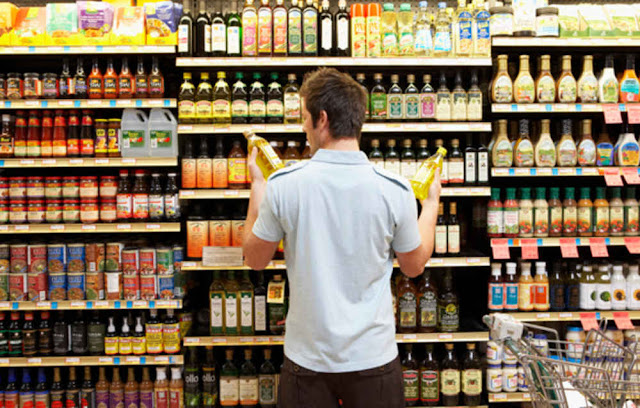As an alternative, the ideal couple looks more like this:
Two people, facing the same direction. Side by side, partners. What are they facing? God, the universe, a mission - they serve something higher than themselves.
The first situation is a kind of intoxicating love, but the ultimate goal is happiness alone and is simply not sustainable. The second type represents the kind of love that can last a lifetime because it involves happiness directed not only inward for the couple but for something greater than themselves. This concept is beautifully symbolized in the Chupah (Jewish wedding canope) which is always open on all sides, representing the home of the first Jewish couple, Abraham and Sarah, whose home was open to all.
LOVE IS IN THE AIR
LOVE IS IN THE AIR
Today is a special, almost mysterious day - the holiday Tu B’av (the 15th of Av), or as some call it “Jewish Valentine’s Day.” Unlike most Jewish holidays, there are not many specific mitzvot or rituals to perform. However, the great Sage Rabban Shimon ben Gamliel is quoted in the Mishnah as saying:
“There were no better (i.e. happier) days for the people of Israel than the Fifteenth of Av and Yom Kippur, since on these days the daughters of Israel/Jerusalem go out dressed in white and dance in the vineyards.”
For Tu B'av to be spoken of together with Yom Kippur, the holiest day of the year, is a pretty big deal. Why compare this day to Yom Kippur? Because in Judaism, for a man and woman to unite and do great things for the world, is as holy as it gets. It's a holiness like Yom Kippur.
Judaism understands the concept of soul mates as a man and woman, who together can fulfill their purpose on earth better than they could alone. A soul mate, or what some call their "beshert", is someone who enhances one's ability to achieve full spiritual potential. It also means having a partner in carrying out the Divine mandate to make the world a better place. A soul mate is nothing less than our missing other-half necessary for our completion and perfection.
LOSING THE ABILITY TO LOVE?
LOSING THE ABILITY TO LOVE?
There was a great article in Elite Daily earlier this year called “10 Reasons Why This Generation Is Losing The Ability To Be In Love”, which seemed at first like a fluff piece, but actually offered real insight into a problem I personally have observed in many 20's/30's with whom I am privileged to interact and teach. The author offers the following explanations as to our generation's challenge with loving: an unwillingness to make compromises, egocentricity, addiction to instant gratification, a fear of giving up freedom and making decisions, and general confusion about how to love. “Love is so incredibly complex,” the author says, “that most people simply haven’t been able to get a grasp of it.”
I think the author makes a lot of great points, though I don't think this phenomenon is unique to Millennials. I especially agree with the idea that most of us don’t really know how to love. If it came naturally at one point, our society has so twisted the idea that we’ve un-learned it.
THE KEY TO LOVING
The key to being good at love goes back to what we consider an ideal couple. If we are simply looking for someone to GIVE us that feeling, to share that magical energy, to make us happy, then it is no wonder relationships today are so short lived. They are simply too insular - a dynamic that is really quite difficult to maintain.
Relationships, like healthy bodies of water, need to be fed by an external source. In searching for our soul mates maybe we're only asking part of the question we should be asking. Maybe instead of just wondering “Is he or she right for me?”, we should also be asking “are we right together for the world?”. The Hebrew word for love, "ahava", has its two letter root as "hav" which means "to give". Love, and the happiness which comes from loving, only results from giving to others. Love becomes much more doable when you focus less on what the relationship gives to you and more on what it allows you and your partner to give. This higher purpose of giving is where we get that needed energy - this is the river that replenishes and sustains.
And so my unsolicited advice is to look for someone who you are not only attracted to and enjoy being with but with whom you can also see yourself doing great things for other people. Whether it's building a family or helping those less fortunate, remember happiness and love can only be achieved through giving. Find the one who will stand next to you, facing the same direction.








